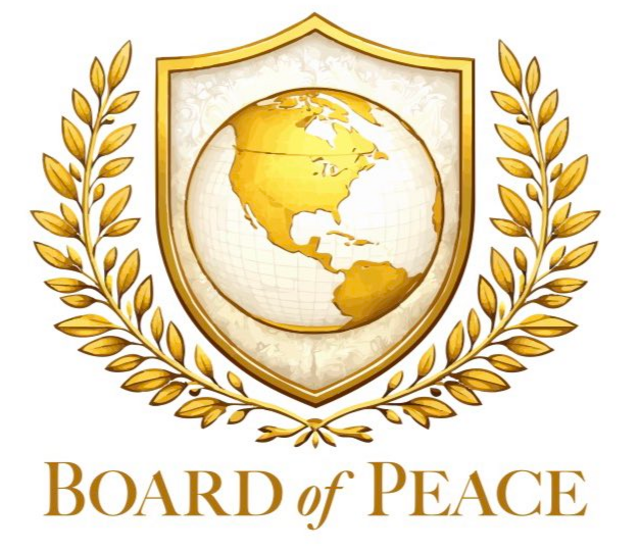Episode 1887
World War X / Alex De Waal
Mar 3

Alex de Waal returns to discuss his recent writing in the series, World War X from the World Peace Foundation. "Rotten History" from Renaldo Migaldi follows the interview.
Help keep This Is Hell! completely listener supported and access bonus episodes by subscribing to our Patreon.
Please rate and review This Is Hell! wherever you get your podcasts. It really helps the show ascend the algorithm to reach new listeners.